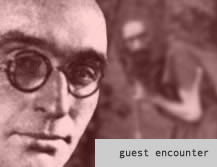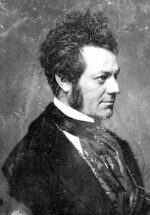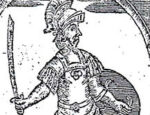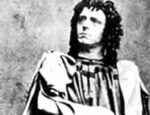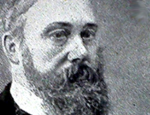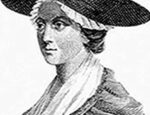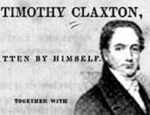Description
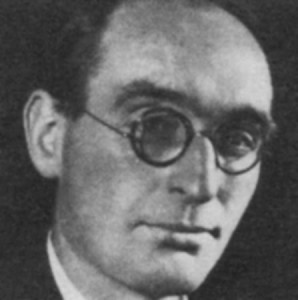 Meet Jan Oscar De Gruyter ‘the Flemish Thespis’, who taught his people to stage their own theater. His father ran a cheap eatery in Ghent, and one of his regulars – a university student – taught young Jan Oscar to read Latin and Greek. This helped him get into university where he eventually graduated as a doctor in philology.
Meet Jan Oscar De Gruyter ‘the Flemish Thespis’, who taught his people to stage their own theater. His father ran a cheap eatery in Ghent, and one of his regulars – a university student – taught young Jan Oscar to read Latin and Greek. This helped him get into university where he eventually graduated as a doctor in philology.
In the relatively new Belgian state, French was the language of the elite, which meant that the speakers of the various Flemish dialects in the north of the country were generally excluded from public life. Before World War I, for example, theatre plays were pretty much all performed in French, even the melodrama that was aimed at the Flemish farmers and factory workers. By the turn of the 20th century, the call to establish a distinctly Flemish culture had already begun to grow louder. De Gruyter helped to establish a small-scale theater association and became successful when he directed an open air version of Sophocles’ Philoctetes in the summer of 1909. By drawing on the ancient tradition of performing in outdoor public space, De Guyter could reach audiences that usually stayed away from the bourgeois city theatres.
WWI brought together inhabitants from different parts of Belgium behind the frontline. It made the need for a common Flemish language and culture all the more urgent, especially since the German aggressor tried to set the Flemish people against the francophone Belgian state. Sergeant De Gruyter saw an opportunity for realizing a theater company that staged classical plays in the Flemish language. They opened with a performance of Warenar, a seventeenth-century adaptation by P.C. Hooft of Plautus’ Aulularia. De Gruyter himself played the role of Warenar and became the star of the evening when he dramatically pointed a finger at the francophone general and shouted: “You have stolen my treasure, you have taken away our fortune, you want us to die!”
The theatre group made up of soldiers started touring and became known as ‘Fronttooneel’ (‘Front Theater’). After the war, they continued as Vlaams Volks Toneel (‘Flemish Popular Theater’) and played in cities and rural villages with the aim of achieving social change through cultural emancipation.
encounter by Maarten De Pourcq

